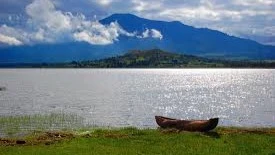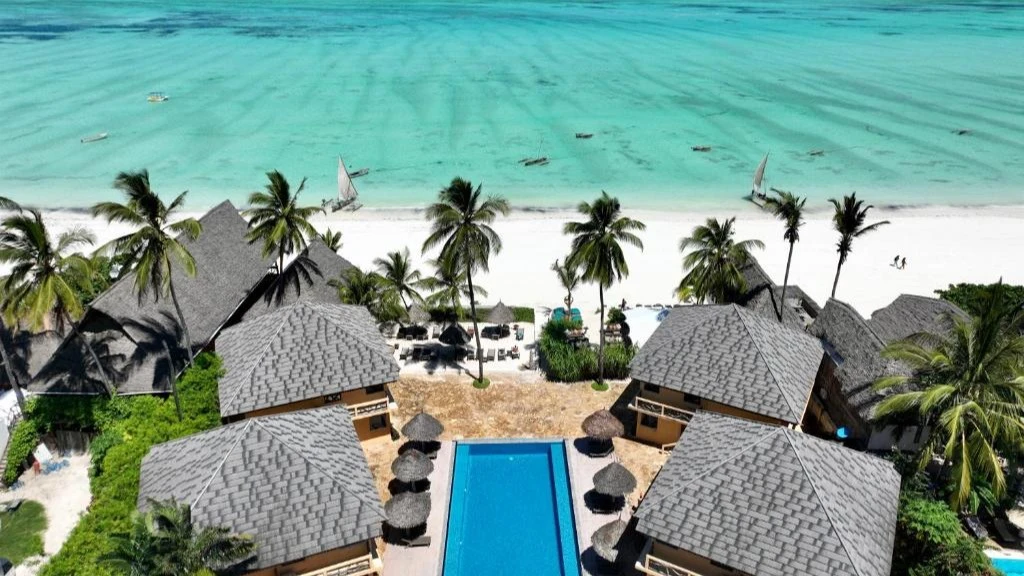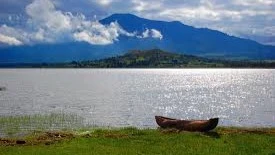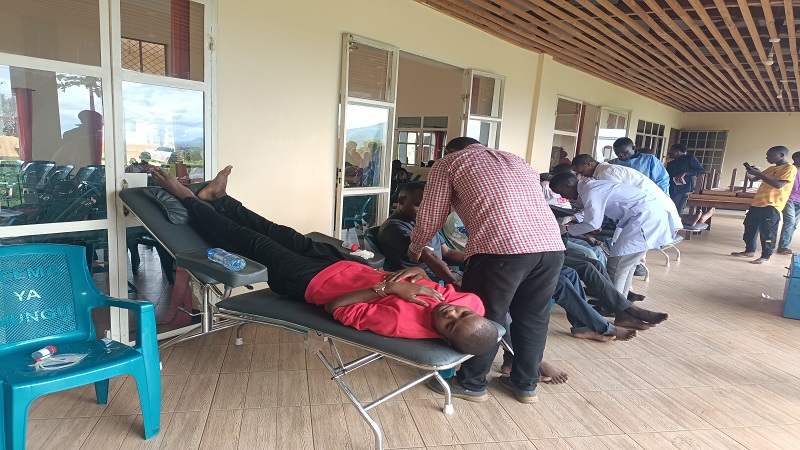Small lakes ecosystems topping 2025/26 conservation priorities

INITIATIVES to protect ecosystems of Lake Babati, Lake Chala and Lake Jipe feature highly in the VPO review of the 2024/2025 programme implementation and budget estimates for the next financial year.
Hamad Yusuf Masauni, the Union and Environment state minister in the Vice President’s Office (VPO) set out this projection in delivering proposed revenue and expenditure estimates for fiscal 2025/2026 set at 81.86bn/-.
Efforts to restore the ecology of Lake Babati, severely impacted by human activities, obtained a 200m/- allocation for tree planting, soil erosion prevention apart from indicating statutory lake boundaries.
The funds will also be used for developing a water resource management plan and community training on aquatic weed control, he said, noting that similar efforts will be directed at Lake Chala and Lake Jipe.
An ecological management and conservation project meant to enhance ecosystem sustainability has been developed, with an additional 200m/- earmarked to explore alternative livelihoods for surrounding communities, the minister noted.
“We will use natural methods to remove aquatic weeds, review lake use regulations and improve community awareness on sustainable management,” he explained.
The sustainable environmental restoration and biodiversity conservation project, which covers the Rukwa and Ruaha basins is included in allocating 7.1bn/- for constructing water conservation structures and conducting awareness campaign evaluations.
The project will benefit a number of districts including Tanganyika, Sumbawanga, Mpimbwe, Mbeya, Mbarali, Wanging’ombe and Iringa, he said.
A climate resilience project for Kigoma Region fetched 17bn/-, meant for rehabilitating a water harvesting dam in Kakonko District, constructing water catchment channels and promoting modern irrigation techniques.
The initiative similarly covers developing land use plans for 12 villages surrounding refugee camps, planting 12,000 hectares of trees and supporting climate-resilient farming practices, with 1.2bn/- allocated to support Miombo forest communities.
In administration layouts, the union and non-union matters information system is being set up, currently in its pilot phase, an electronic system meant to streamline access to information and improve operational efficiency.
Ongoing coordination between the union and Zanzibar authorities include eight cooperation meetings late last month held to exchange experiences, policy formats and expertise on non-Union matters, he said.
A total of 73 projects had been registered with the National Carbon Coordination Center, generating 45bn/- in dividends across 10 districts, he said, pointing at government efforts to enhance agency capacity to effectively manage carbon trading initiatives.
Deep water area management plans and conducting research on sustainable marine resource utilization were also in the pipeline, he said.
The National Environmental Management Council (NEMC) had resolved 247 environmental complaints by the end of last month, covering issues such as noise pollution, illegal dumping, wastewater discharge, unauthorized construction, illegal sand mining and air pollution, the minister added.
Top Headlines
© 2025 IPPMEDIA.COM. ALL RIGHTS RESERVED






















